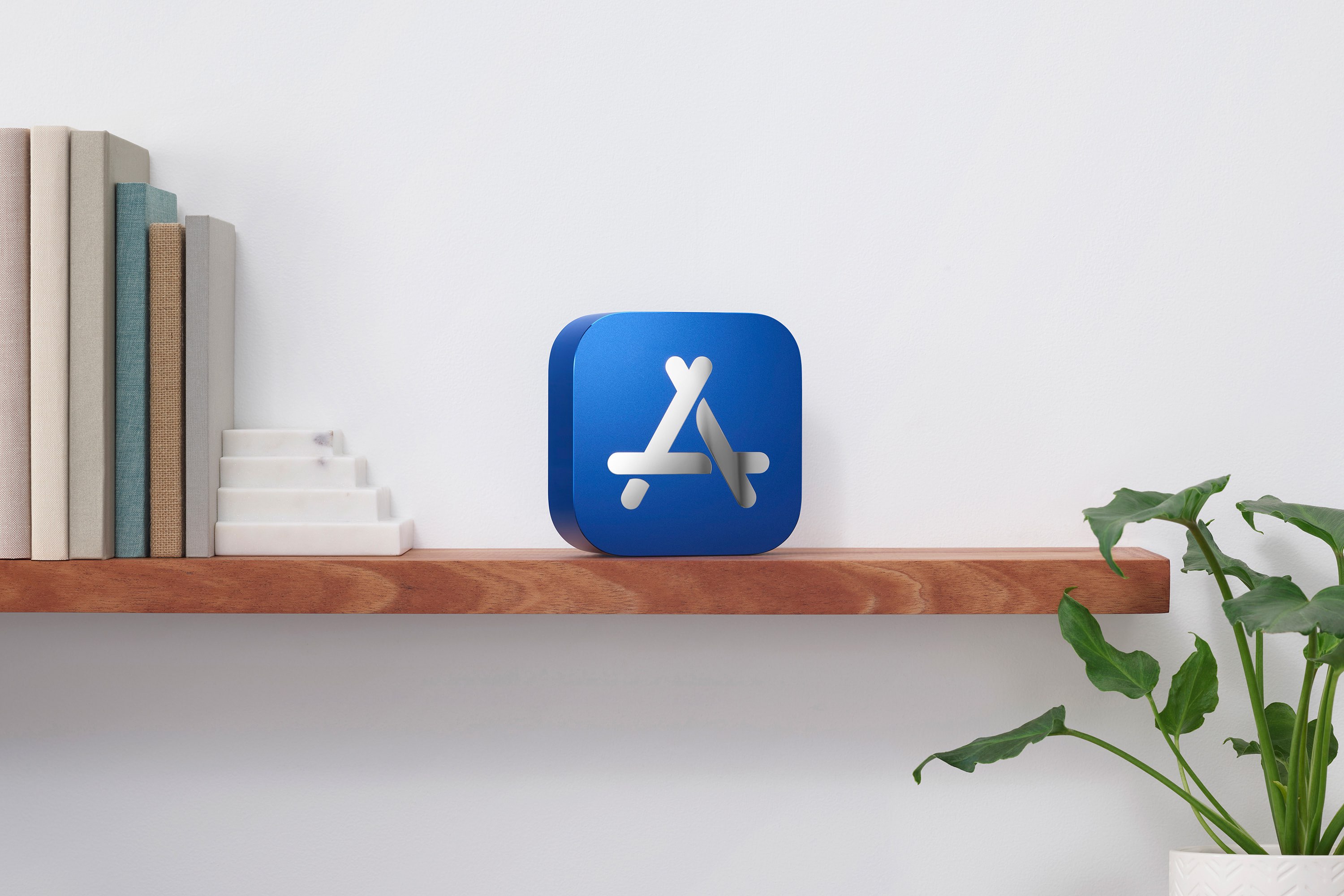Last week, we reported that the South Korean government was looking to vote on the Telecommunications Business Act, a bill that includes an amendment that aims to force Apple and Google to make some sweeping changes to their digital storefronts. In South Korea the bill is known in short-hand as the “anti-Google bill,” but obviously a lot of the focus is more on Apple’s App Store. Generally speaking, though, the South Korean government believes this bill should help reign in any company with a monopolistic, or dominant, market position.
There appeared to be a lot of momentum with the Telecommunications Business Act, with voting to be finalized today. However, as noted by MacRumors today, it appears the South Korean government didn’t do that. And, as it stands, it looks like voting on the bill has been delayed at the time of publication. The National Assembly in South Korea instead voted on other bills, leaving the Telecommunications Business Act off today’s to-do list. As noted by the original article, there hasn’t been a replacement date added to the schedule quite yet, so there’s no word on when voting will actually take place.
While the vote may have been delayed, there is no sign that it still won’t pass when voting does happen. And, if that does happen, it means both Apple and Google will need to make some big changes to their digital storefronts moving forward. The bill is designed to prevent Apple, Google, and other similar companies (if it applies) from using their dominant market position to force developers and others from using a specific payment method. Basically, Apple and Google will not be able to force any developers releasing apps/services via the App Store or Google Play to use those companies’ first-party payment methods.

If it passes, this opens the door for big changes, especially to the App Store. This would mean third-party payment methods would be available in the App Store, something that many developers have requested be added to the digital storefront for years. Apple itself has been adamant that this particular change would lead to some issues for the end user, putting them at risk for “fraud, undermine their privacy protections, make it difficult to manage their purchases,” as noted by the company in last week’s original report. This echoes Apple’s general statements on the matter, as the company tries to keep its grip on the App Store even as developers, companies, and now even governments call for major change.
It appears South Korea may be the first to make a change like this, which could impact Apple’s business in huge ways moving forward. However, it’s not the only region to do this. In the United States, the Senate is looking to make similar changes. And the European Union is also moving in similar directions.
While Apple pushed back against the initial reports regarding South Korea’s Telecommunications Business Act, the company did make some waves last week. On Friday, the company announced that a $100 million settlement with developers that had levied a class-action lawsuit against the company in the United States resulted in some changes to the App Store. Some of those changes include:
- In a validation of the App Store Small Business Program’s success, Apple and the developers agreed to maintain the program in its current structure for at least the next three years. Businesses earning less than $1 million annually will continue to benefit from the reduced commission, while larger developers pay the App Store’s standard commission on app purchases and in-app payments.
- App Store Search has always been about making it easy for users to find the apps they’re looking for. At the request of developers, Apple has agreed that its Search results will continue to be based on objective characteristics like downloads, star ratings, text relevance, and user behavior signals. The agreement will keep the current App Store Search system in place for at least the next three years.
- To give developers even more flexibility to reach their customers, Apple is also clarifying that developers can use communications, such as email, to share information about payment methods outside of their iOS app. As always, developers will not pay Apple a commission on any purchases taking place outside of their app or the App Store. Users must consent to the communication and have the right to opt out.
However, while Apple touts these changes as a huge win for not just the company, but also developers and App Store customers, some have said it’s not quite enough. Some have said that Apple’s changes don’t actually do anything to tackle the anti-competitive claims that have been brought up in the past. Others have said that Apple’s trying to distract with this gesture, hoping to have these regulatory moves against the App Store lose their steam. It remains to be seen how this all pans out, though.